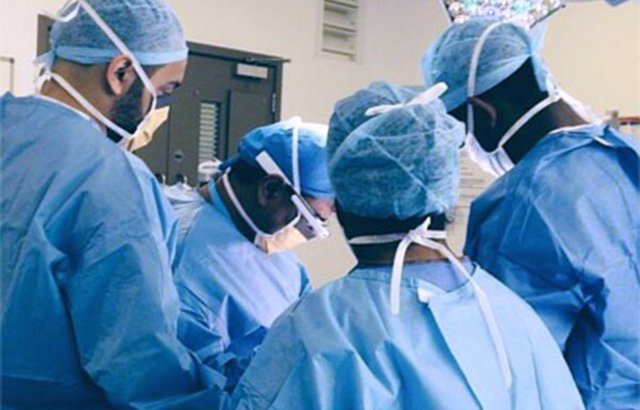
Earlier this year,Virtual Medics – a group of consultant surgeons at Barts Health NHS Trust and medical students at Queen Mary University of London (QMUL) utilized Google Glass in surgery to remove cancerous tissue from the liver and bowel of a 78 year-old man. The procedure was the UK’s first global live-streamed surgical teaching session and was watched live via computer or mobile phone, by 13,000 surgical students, healthcare professionals and members of the public from around the world in over 115 countries.
Recognizing the tremendous potential of utilizing Google Glass as a training tool for surgical students, QMUL is integrating Google Glass into the undergraduate medical curriculum specifically focused on surgical teaching. This is the first of its kind outside of North America, having only been used by a small number of medical schools in the USA such as Stanford University.
Google Glass Medical Curriculum Integration Benefits
Integrating Google Glass into the medical curriculum will provide students with an enhanced learning experience. According to the official release, key benefits include:
– Students can watch live surgery on their mobile devices, laptops and computers.
– Students can interact with surgeons during procedures, such as asking them questions, without compromising the safety of the procedure.
– Students will be taught basic surgical and clinical skills remotely using the streaming platform via Virtual Medics™ online learning environment virtualmedics.org – this will be the most technologically advanced module in the undergraduate curriculum
“Harnessing this technology really shows our medical school is both ready for, and supportive of, new ideas for teaching and learning. We are starting out by using Google Glass for surgical teaching, but our long-term aim is to roll it out in other aspects of the school. Our medical students have an active involvement in this initiative, in particular Ali Jawad and Oliver Trampleasure, who helped found the programme and are further increasing participation in various projects through our Virtual Medics™ Associates Scheme. The students see its value and are excited about its potential – which is really great to see,” said Mr Shafi Ahmed, Honorary Clinical Senior Lecturer in Surgery at Queen Mary University of London and Director of Virtual Medics.
The medical school hopes to establish itself as a center of excellence for using Google Glass in medical education and training.
